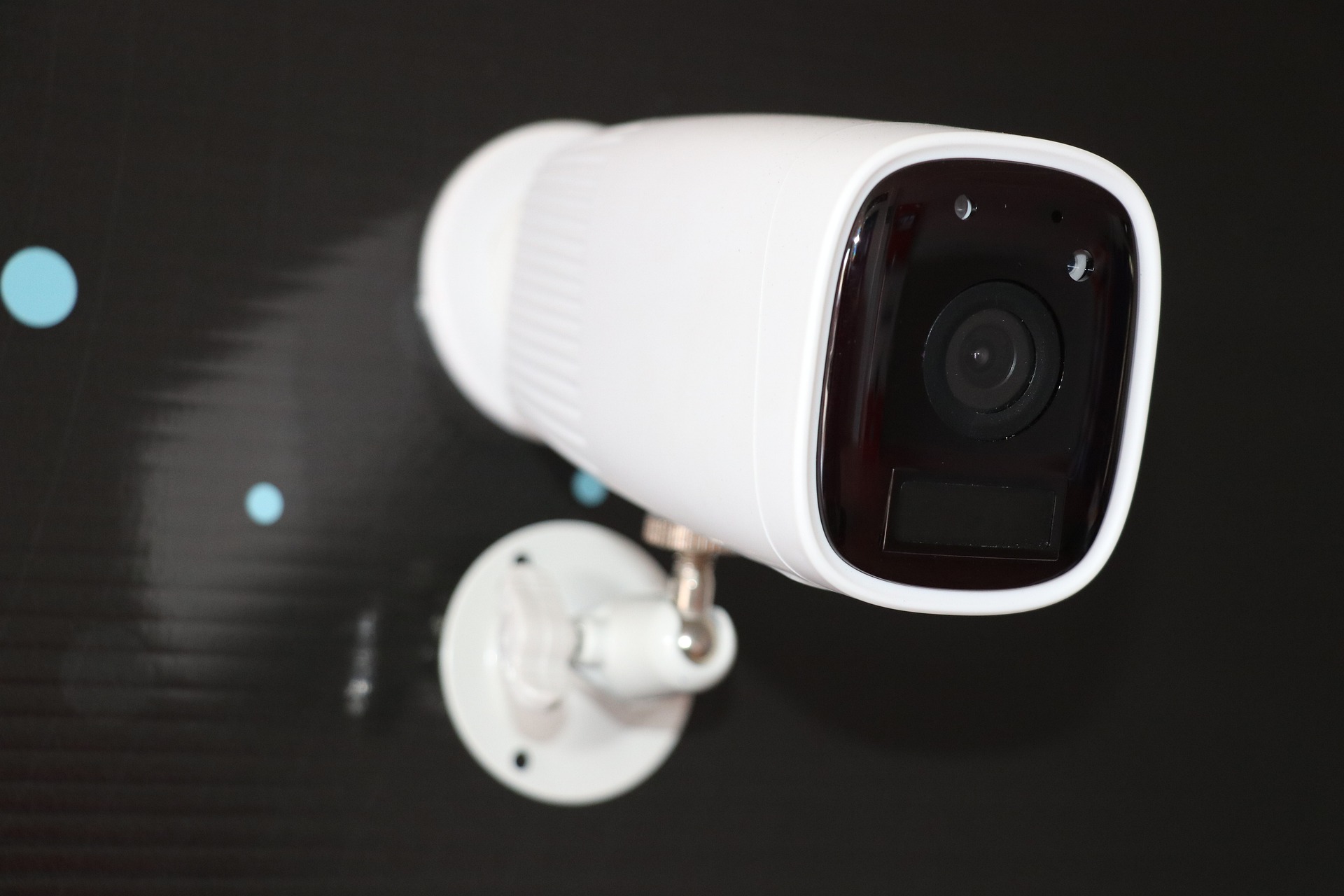Unveiling the Potential of Mindful Breathing for Health and Well-being
The concept of mindful breathing, though deeply rooted in ancient meditative practices, is gaining traction in today's fast-paced world. This article examines the science behind this practice, current trends, benefits, challenges, and offers practical tips to incorporate mindful breathing into your daily routine.

The Roots and Evolution of Mindful Breathing
Mindful breathing is an integral element of mindfulness—the ancient Buddhist practice of focusing on the present moment. It has been used for centuries in Eastern cultures to promote tranquillity and self-awareness. The scientific interest in mindful breathing started in the late 20th century, when researchers began to study its effects on various health parameters.
Current Trends and Scientific Insights on Mindful Breathing
Today, mindful breathing is being recognized as a potent tool for stress management, mental health, and overall well-being. Researchers have found that regular mindful breathing exercises can lower blood pressure, improve cognitive function, and alleviate symptoms of anxiety and depression. These benefits are believed to stem from the practice’s ability to reset the autonomic nervous system, reducing stress hormones and promoting relaxation.
The Practice of Mindful Breathing: Benefits, Challenges, and Credibility
Mindful breathing involves focusing on the rhythm and sensation of your breath, bringing your attention back when it wanders. This practice can help create a sense of calm and focus in your daily life. However, it can be challenging to maintain consistency and concentration, especially for beginners. Despite these challenges, the scientific evidence supporting the benefits of mindful breathing continues to grow, making it a credible wellness strategy.
Enhancing Your Health with Mindful Breathing
-
Start with just a few minutes per day and gradually increase as you become more comfortable.
-
Try different techniques—like deep belly breathing or alternate nostril breathing—to find what works best for you.
-
Use mindful breathing as a tool to manage stress in the moment. Take a few mindful breaths when you start to feel overwhelmed.
-
Combine mindful breathing with other mindfulness practices, like meditation or yoga, for an even greater impact on your health and wellness.
In conclusion, mindful breathing is a simple yet powerful practice that can offer significant benefits for your physical and mental health. By incorporating this practice into your daily routine, you can enhance your well-being, manage stress, and live more mindfully. With its roots in ancient tradition and a growing body of scientific evidence supporting its benefits, mindful breathing is a wellness strategy worth considering.




